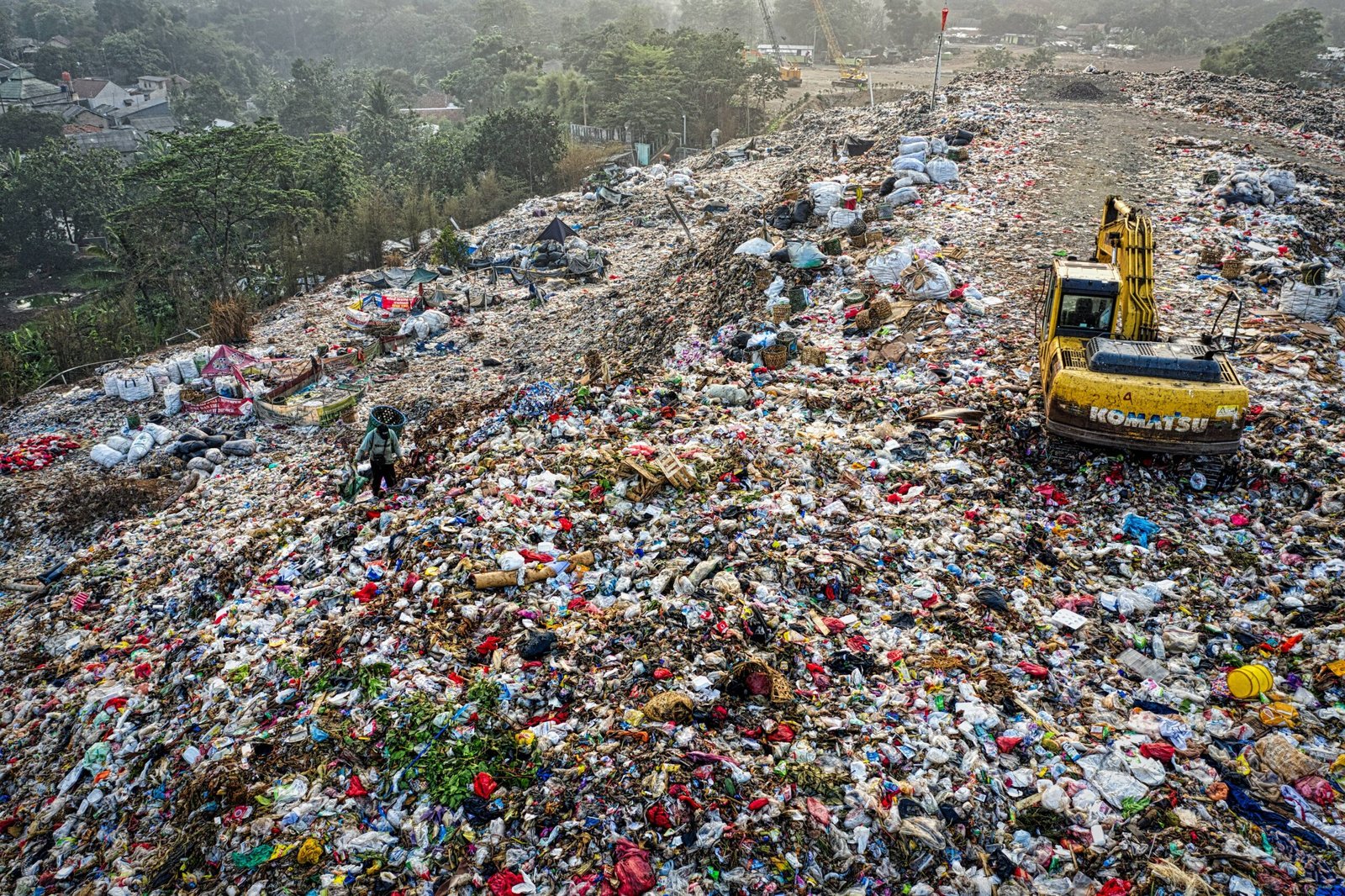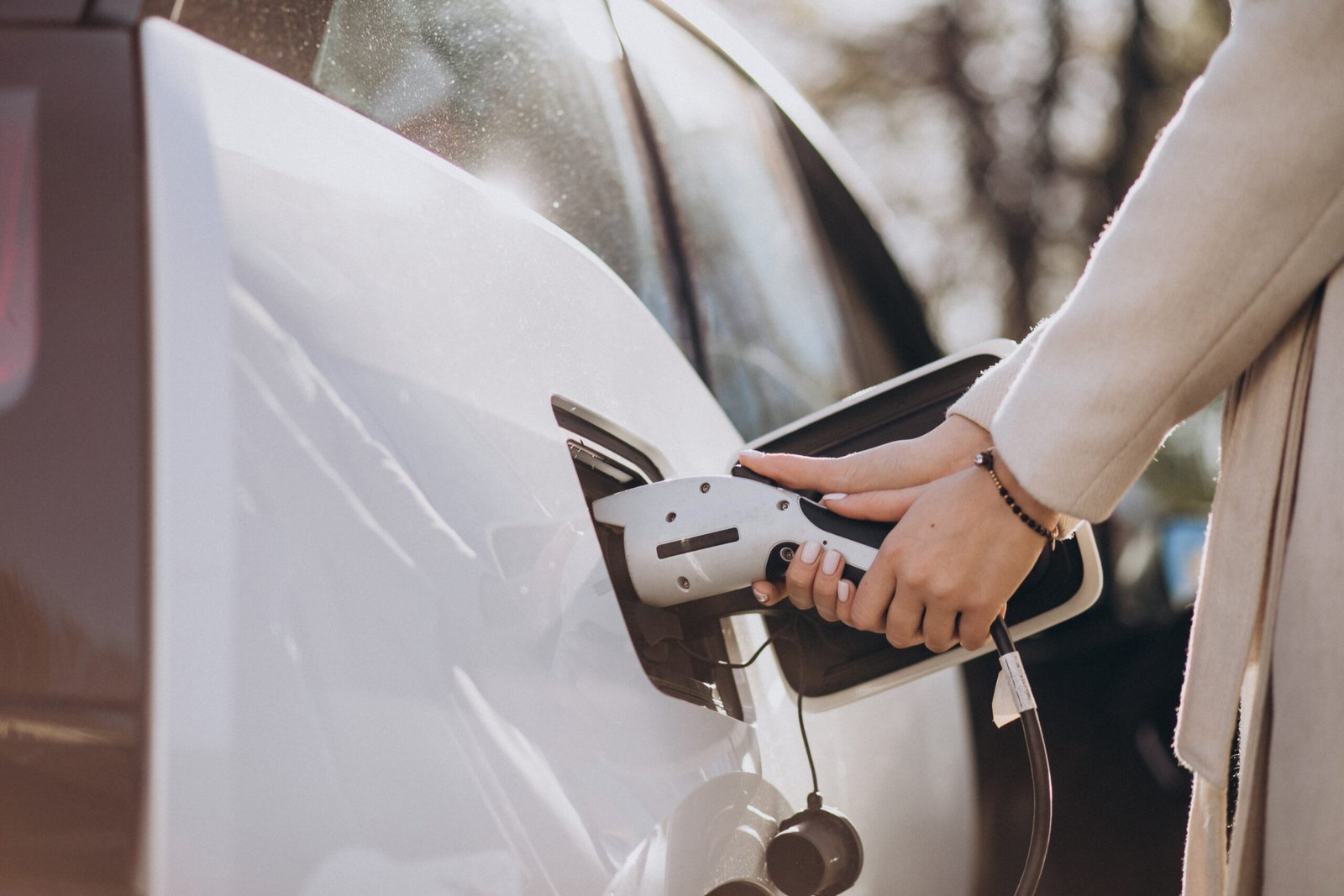A new report by Corporate Accountability has revealed that Chevron’s climate pledge relies heavily on ineffective carbon offsets projects and unviable technologies, which do little to offset the company’s significant greenhouse gas emissions.
The report highlights that 93% of the carbon offsets projects that Chevron purchased from voluntary carbon markets between 2020 and 2022 were too problematic to be considered anything other than worthless or junk.
Many of Chevron’s offset purchases focused on forests, plantations, or large dams, and almost half of its “worthless” offsets were associated with social and environmental harms, particularly in communities in the global south.
The report argues that Chevron’s climate action ambition is significantly undermined by the widespread use of these worthless offsets, which only apply to less than 10% of the company’s carbon footprint.
According to the report, Chevron’s net-zero aspiration appears to rely on the purchase of carbon offsets and the use of carbon capture and storage (CCS) technology, which are both questionable solutions to the climate crisis.
While the use of carbon offsets projects is one strategy that Chevron is employing to meet its climate goals, the report highlights that the company’s net-zero pledge is not in line to limit global warming to 1.5°C.
The company’s targets for reducing emissions intensity (the amount of greenhouse gas emissions per unit of energy produced) are inadequate, and it has not set an absolute emissions reduction target.
Chevron’s current plans are unlikely to result in significant emissions reductions, and it seems to be relying on unproven and untested technologies to meet its climate goals.
Chevron’s reliance on unviable technologies and ineffective carbon offset projects is not only problematic for the environment but also for the communities that are negatively impacted by the company’s operations.
The report argues that Chevron must take more significant actions to reduce its greenhouse gas emissions and move away from its reliance on these questionable solutions.
The report concludes that Chevron’s climate action plan falls short of what is needed to address the climate crisis.
Chevron’s net-zero pledge must be backed up by concrete actions that prioritize the well-being of people and the planet, starting with a shift away from ineffective carbon offsets projects and toward more sustainable and viable solutions.

Looking back on my two decades in this field, I’m still as committed as ever to telling important stories and getting people to care about the Earth. Outside of writing, I work with Environmental groups that are trying to make things better for the environment and have a positive impact.










